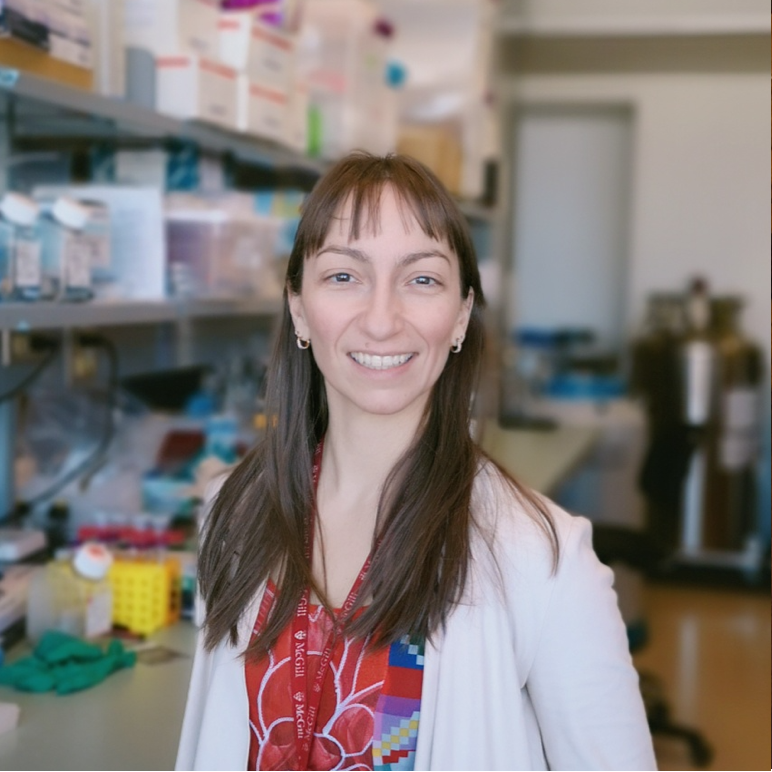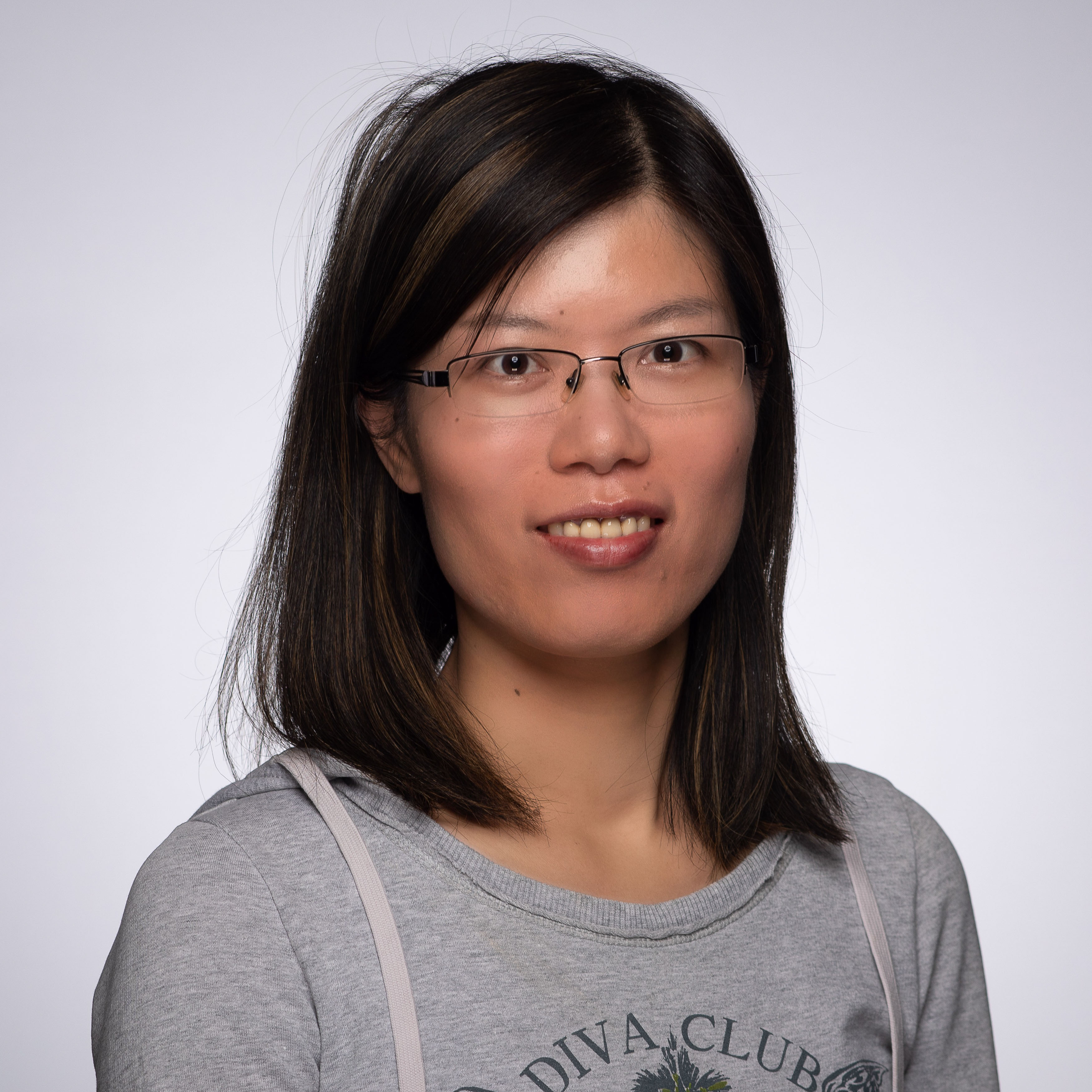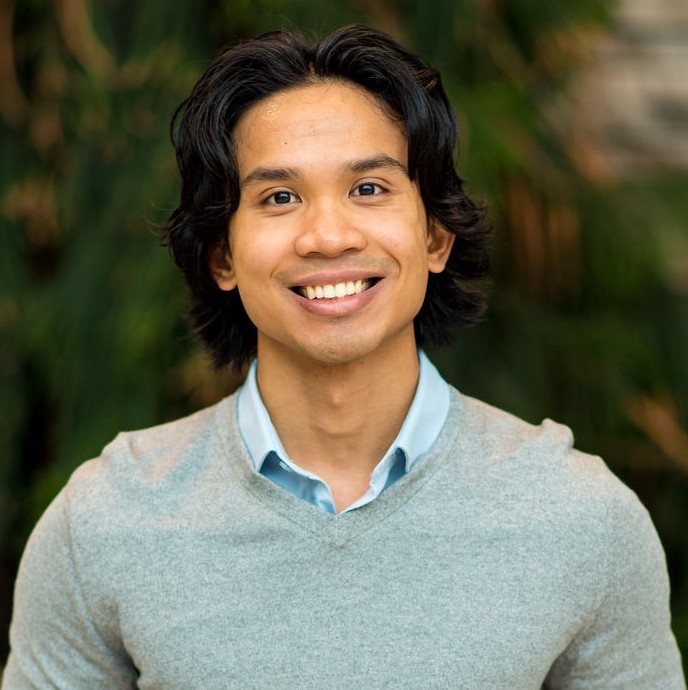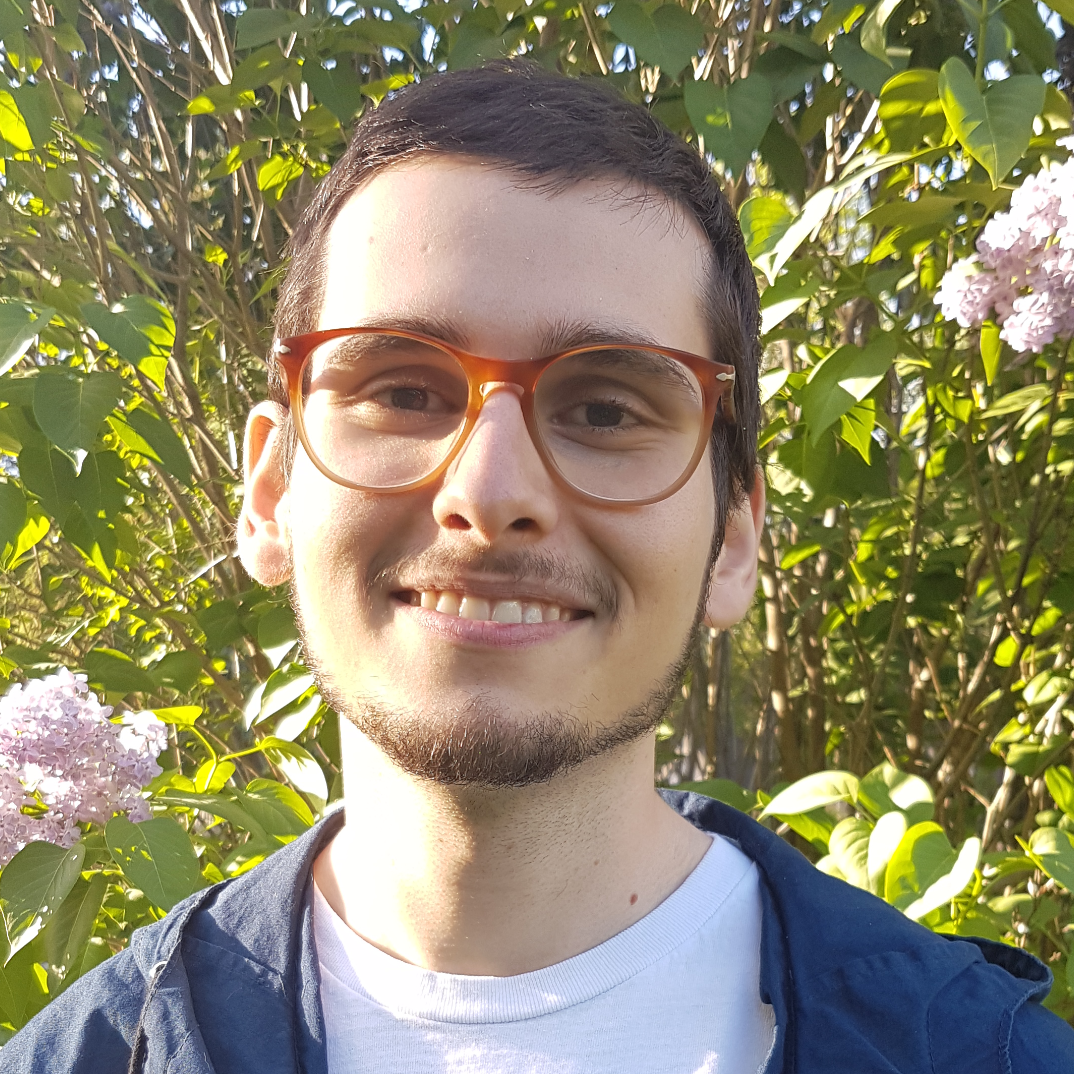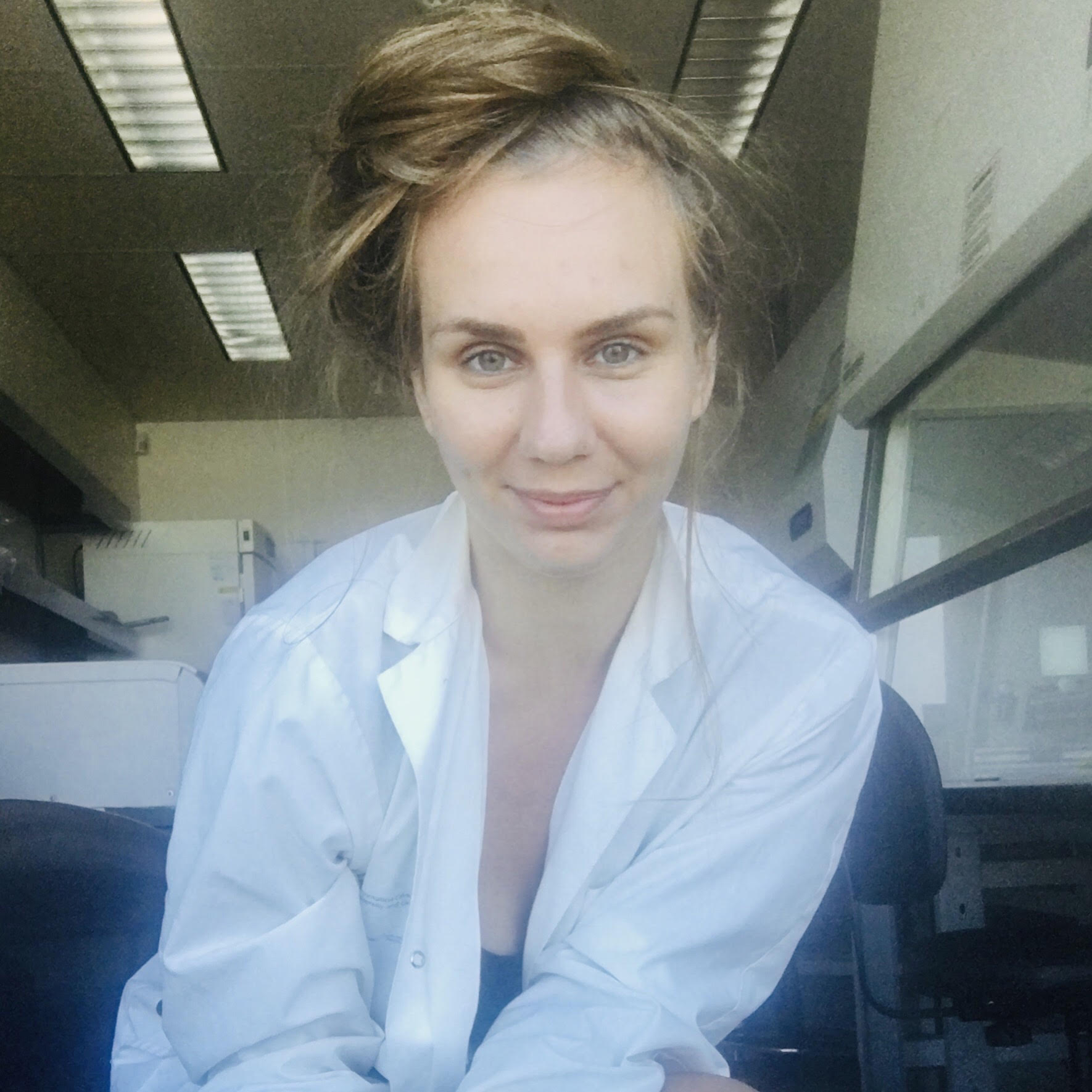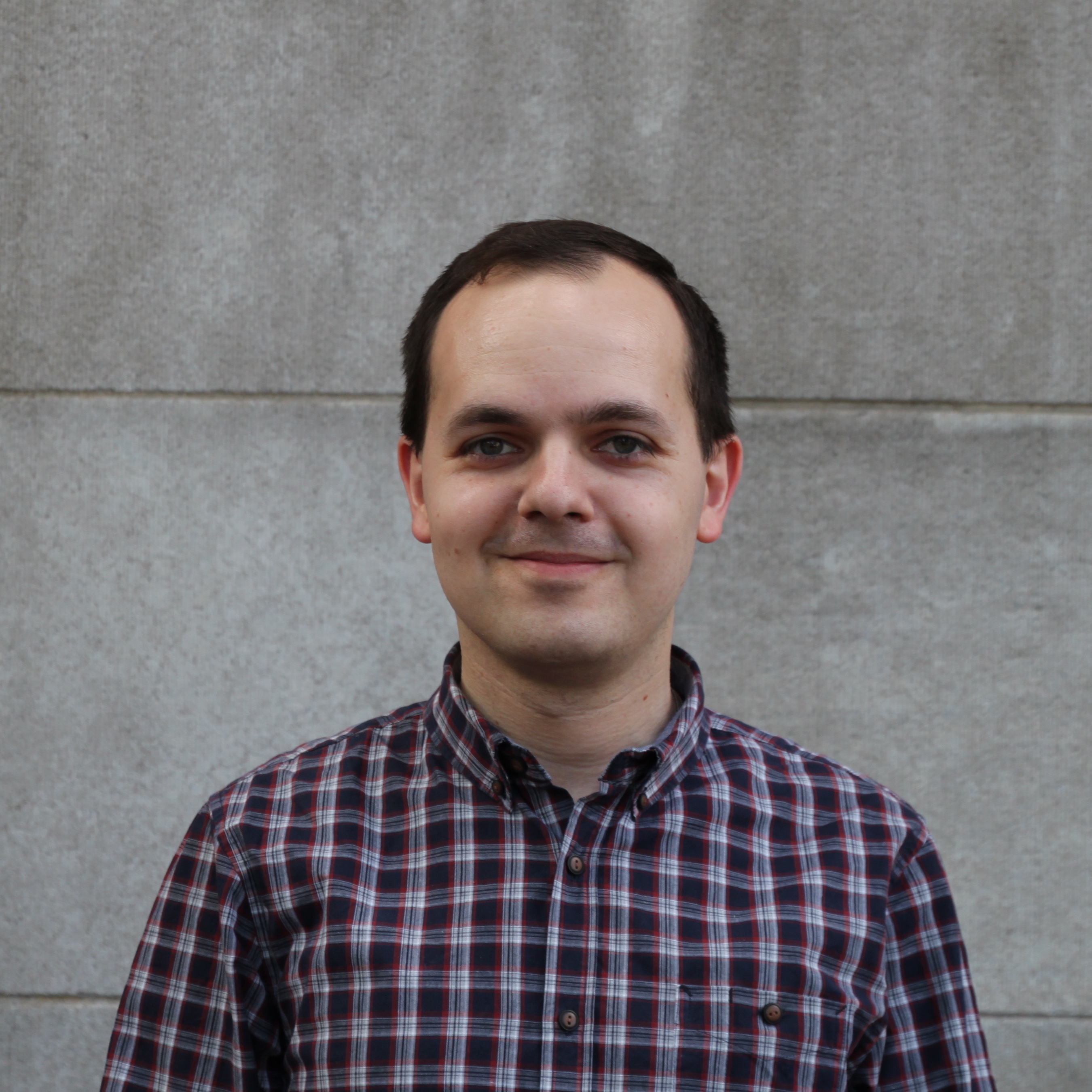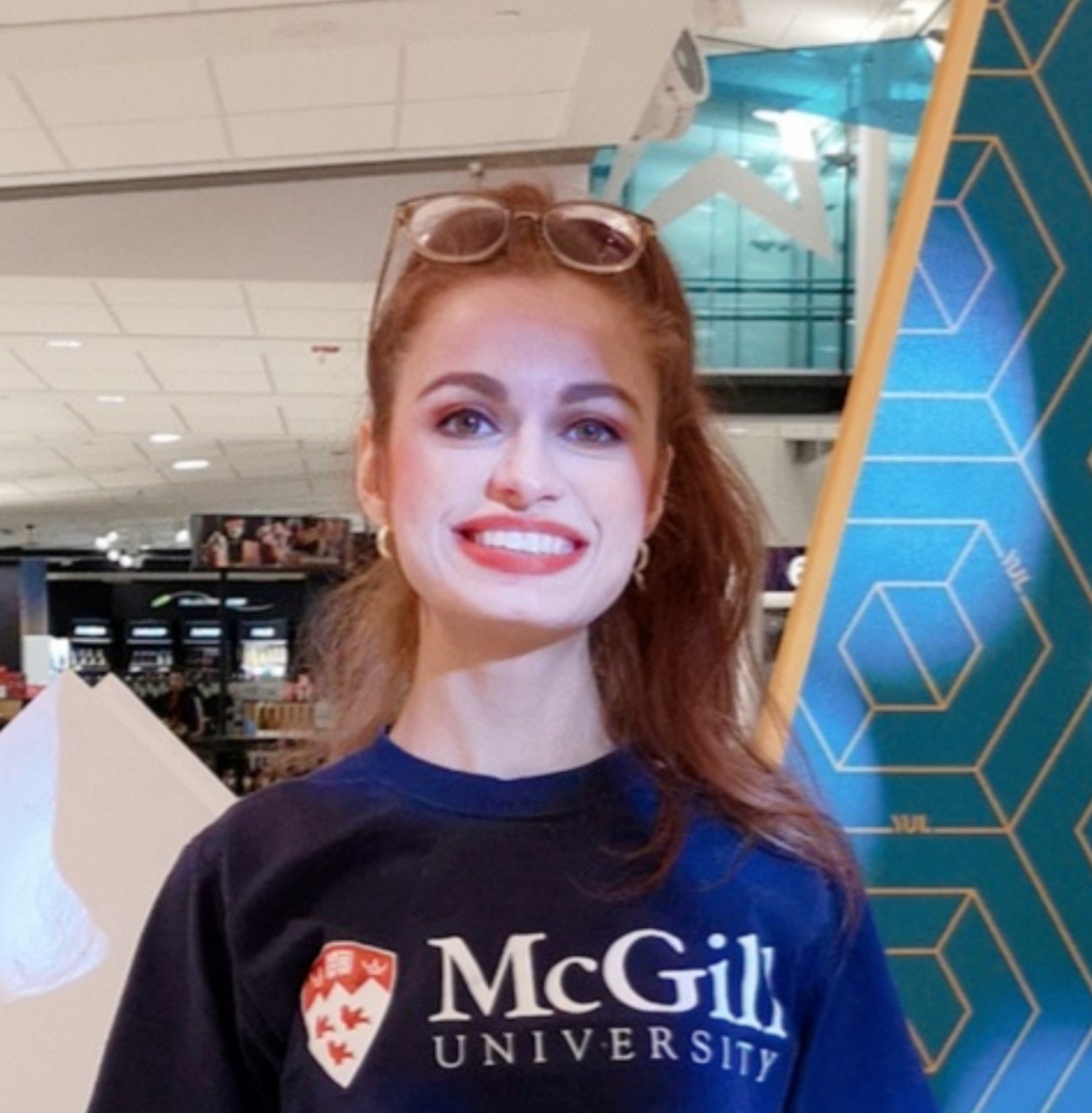UNDERSTANDING HUMAN DISEASE
WE DEVELOP ANALYTICAL METHODS TO TACKLE A DIVERSE SET OF PROBLEMS IN HUMAN GENETIC DISEASE. THE DATASETS ARE PREDOMINANTLY BASED ON MASSIVELY PARALLEL SEQUENCING, AND INCLUDE WHOLE GENOME AND EXOME SEQUENCING, TRANSCRIPTOME SEQUENCING, CHIPSEQ, TRANSCRIPTOMIC AND METHYLATION DATA. WE APPLY VARIOUS GENOMICS AND BIOINFORMATICS APPROACHES TO MENDELIAN DISEASE, POLYGENIC DISEASE, AND CANCER. MEMBERS OF OUR LAB ACTIVELY COLLABORATE WITH CLINICIANS
AT MCGILL, THROUGHOUT CANADA, AND WORLDWIDE.
read to explore
CURRENT RESEARCH
ONcohistones, et al
Several years ago, our group was involved in identifying mutations in histone genes, H3K27M and H3G34R, as frequent driver lesions in pediatric glioblastoma. Later, we found H3K36M mutations in sarcomas and head and neck squamous cell carcinomas. Mutation in histone genes have also been found in leukemias and bone tumors. Since those original discoveries, we have been using whole genome approaches to understand the molecular pathways through which “oncohistones” participate in carcinogenesis. This project is an international collaboration funded by the NIH, along with the labs of Dr. David Allis (Rockefeller, NY), Dr. Tom Muir (Princeton, NJ), Dr. Ben Garcia (UPenn, PA), Dr. Peter Lewis (Madison), and Dr. Nada Jabado (McGill). Our group focuses on the application of epigenome profiling techniques, such as ChIP seq and WGBS to identify epigenetic aberrations and RNA sequencing to connect them with their downstream transcriptomic consequences. More details here
Epigenetics of pediatric brain tumours
While rare, paediatric brain tumors are extremely deadly. Along with our collaborators, we have shown that the molecular mechanisms driving paediatric tumors are generally distinct from those underlying their adult equivalents. Most oncohistone mutations are unique to childhood cancers. The C19MC micro RNA cluster fusion is the unique driver of embryonal tumors with multilayered rosettes. Ependymomas and medulloblastomas have their own sets of specific driver mutations, and they often affect the epigenome. This project, funded by Genome Canada and CIHR is a collaboration with Dr. Michael Taylor’s lab (Sick Kids, Toronto), Dr. Nada Jabado’s lab (McGill) and many bioinformatics and genomics experts across Canada. The project also contains drug development, ethics, health economics subcomponents. Our group is particularly interested in the dependencies between different epigenetic modifications, particularly those occurring at the H3K36 and H3K27 residues, and DNA methylation. We use genomics and analytical approaches in cell lines and mouse models to elucidate those interrelationships. More details here
3D Epigenomics
This project aims to bridge the gaps between the 1D and 3D genomic paradigms. Since the release of the first contiguous DNA genomic DNA sequences, towards the end of the last millennium, the ever-growing genomics community has largely considered the genome as a series of linear, 1-dimensional strings. As our knowledge and technologies mature, we are becoming increasingly aware that DNA is not a simple double stranded molecule, it is wrapped around a nucleosome core whose modifications impose specific flavours to its properties, and finally that this chromatin structure has a spatial, 3-dimensional component which further determines, or perhaps reflects the underlying molecular processes. In the recent years, this spatial paradigm has been brought to light by technologies such as Hi-C, which allow us to profile genome-wide patterns in chromatin architecture. While many “epigenomicists” are aware of the progress in the 3D field and are eager to incorporate this information in their work, it is not trivial to make a transition from the classical, 1D way of thinking to the 3D world. On the chromatin conformation side, while some methodological approaches have been accepted by the community, relatively few methods exist that incorporate epigenetic information or allow for statistical hypothesis testing. This Genome Canada funded project is a collaboration with Dr. Mathieu Blanchette and Dr. Jerome Waldispuhl. Among its aims are the implementation of a Virtual Reality based 3D epigenome browser, development of robust statistics for 3D epigenome analysis, and application of those methods to the analysis of real data. More details here
alternative splicing
Our earlier work on applications of exome and genome sequencing to elucidate the genetic causes of rare disease has identified several disorders caused by mutations in components of the spliceosome. Those include mutations in SNRPB, which cause Cerebrocostomandibular syndrome, mutations in EFTUD2 causing Mandibulofacial dysostosis, and mutation in SF3B4 causing Nager Syndrome. We are following up on figuring out how mutations in constitutively expressed spliceosomal proteins result in such specific developmental phenotypes. This work is funded by CIHR in collaboration with Dr. Jerome-Majewska. We are using CRISPR genome editing to introduce the mutation in mouse models we study their consequences using both classical and genomic approaches, with the focus of our group being on RNA seq analysis and categorizing the changes to splicing patterns in mutant animals. More details here

